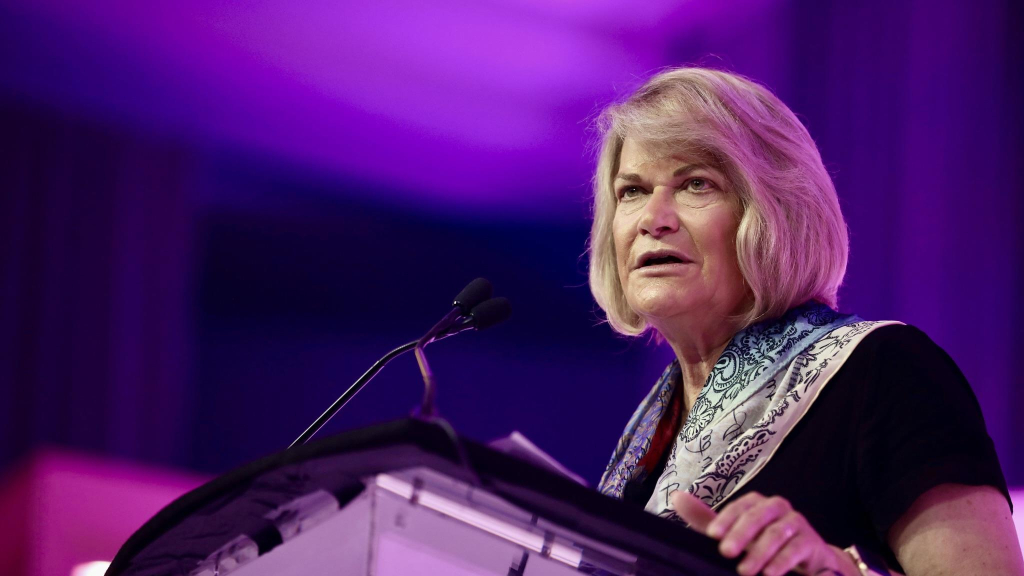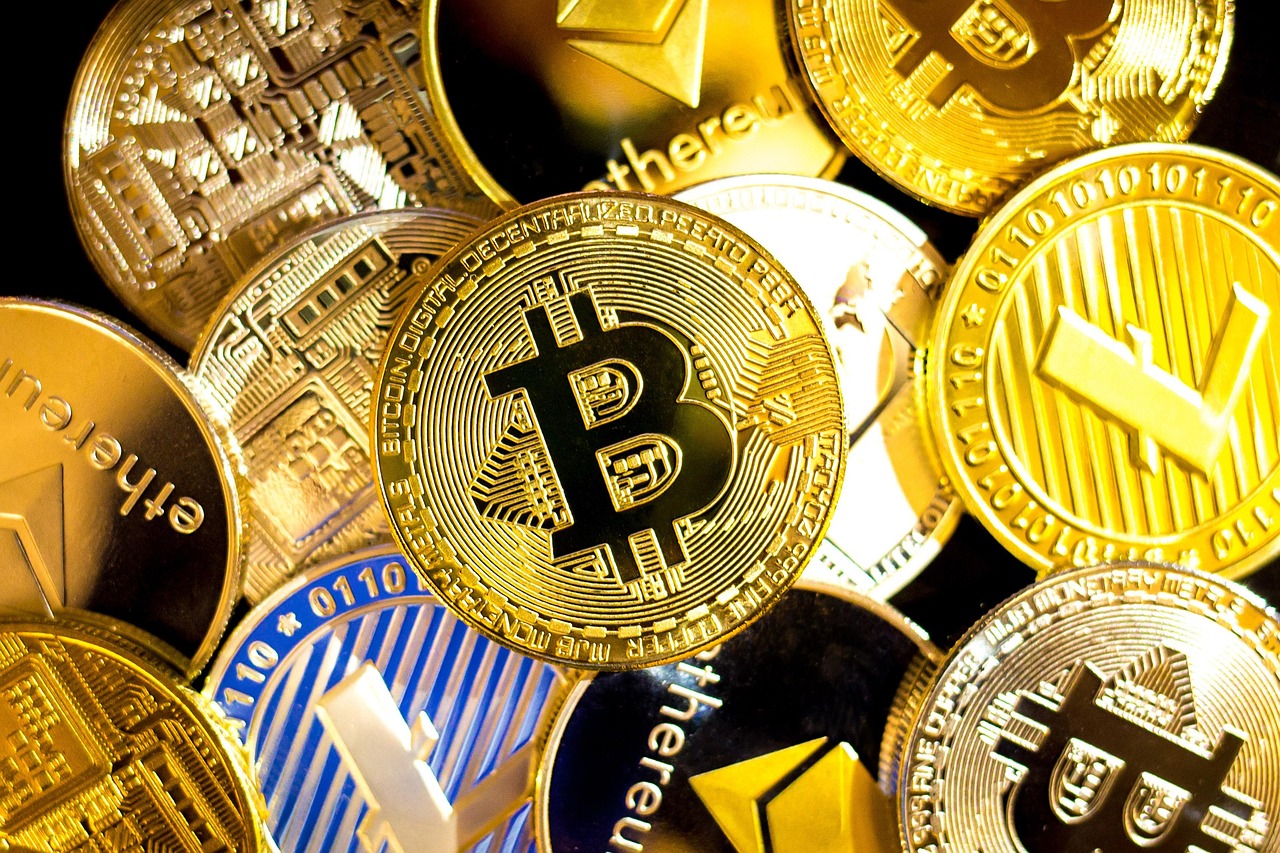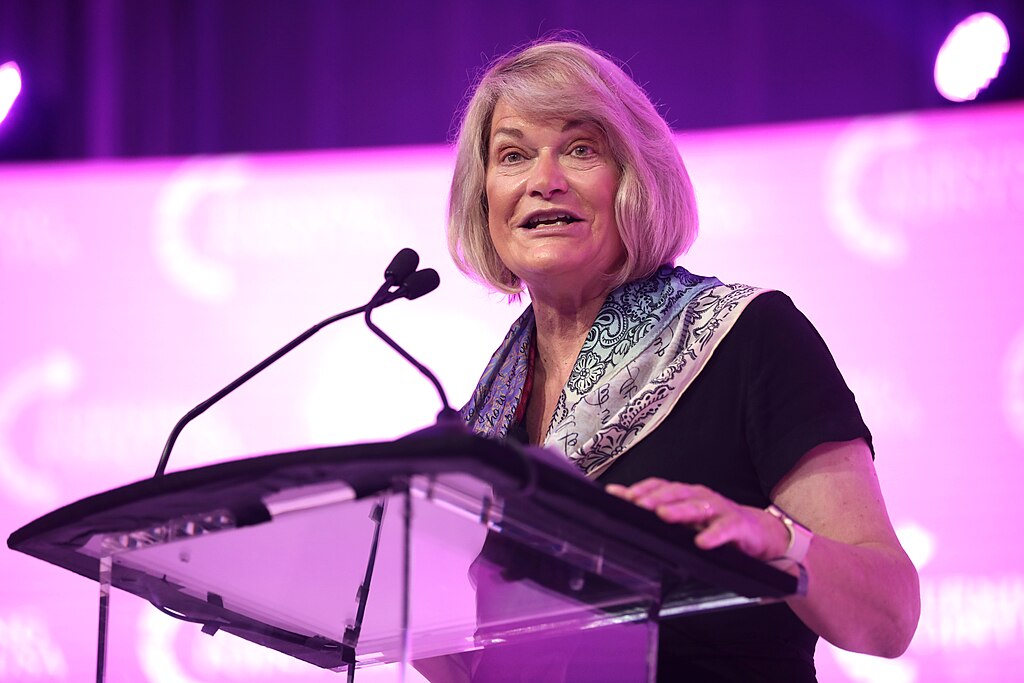Senator Cynthia Lummis, dubbed the "Crypto Queen" of Capitol Hill, renews her promise to create a U.S. strategic Bitcoin reserve following Donald Trump's reelection. While a Republican-led Congress improves the odds, significant hurdles remain in integrating Bitcoin into national reserves.
Lummis Promises Strategic Bitcoin Reserve
U.S. Senator Cynthia Lummis, who has been dubbed the "Crypto Queen" of Capitol Hill for quite some time, has announced her plan to set up a strategic Bitcoin reserve, which has added a financial twist to the post-election speculation.
Declared in the immediate aftermath of Donald Trump's reelection as US president, the daring decision has the potential to reshape US fiscal strategy while simultaneously casting doubt on its practicability, effects on US debt, policy hurdles, and market uncertainties.
The Role of Gold in Stabilizing the U.S. Dollar
Keeping a healthy supply of gold on hand has long been a strategy for the US dollar's stability and strength. With 8,133 metric tons as of September 2024, the United States possesses far more gold than either Japan (845 tons) or China (2,113 tons). About 10,784 tons are held by the Eurozone as a whole.
Due to their monetary worth, safety, and ability to bolster national economies, these massive gold reserves are highly prized. However, the strategic significance of a hypothetical $200 billion Bitcoin reserve is called into question because it would only equal 2.5% of the value of current global gold reserves.
Potential for a Treasury-Led Bitcoin Reserve
Cointelegraph reports that the incoming Trump-Vance government may direct the Treasury to set aside a certain amount of money for Bitcoin purchases by an executive order.
In 2022, in response to skyrocketing gasoline costs, President Joe Biden approved the withdrawal of 180 million barrels from the Strategic Petroleum Reserve. To avoid some regulatory red tape, Bitcoin would be viewed as a strategic asset rather than a currency.
The Path Forward: Congress and Policy Hurdles
Due to the need for multi-year planning, it is probable that congressional approval would be required for a larger and sustained Bitcoin reserve. This plan could still fail despite Trump's support for cryptocurrencies due to pushback from more orthodox members of Congress who see Bitcoin as too dangerous or speculative to be included in national reserves.
This reserve might be operationally managed by the US Department of Treasury in the same way that gold is. The Federal Reserve System's varied funds would be used to acquire Bitcoin.
Obstacles and Volatility Concerns
There are significant obstacles to implementing this effort. The risk of adding such a volatile asset to the national balance sheet would undoubtedly be scrutinized by Senate and House oversight, particularly due to bipartisan concerns about the long-term stability of Bitcoin.
The public and lawmakers alike may be resistant to any strategy that incorporates Bitcoin due to the persistent concerns about inflation. More importantly, the United States debt is $35.9 trillion, so even a $200 billion Bitcoin fund would be insignificant.
The Future of Bitcoin as a National Reserve Asset
Although executive orders can launch limited government actions, it is highly improbable that such a proposal will gain sufficient support from legislators in the near future. Completely stockpiling assets would necessitate the approval of Congress, which is highly improbable to happen in the next two years.
The next government's handling of this idea will hinge on how well it strikes a balance between practicality and economic strategy. It would appear, though, that Bitcoin still faces many challenges on its way to being a national reserve asset.


























Comment 0